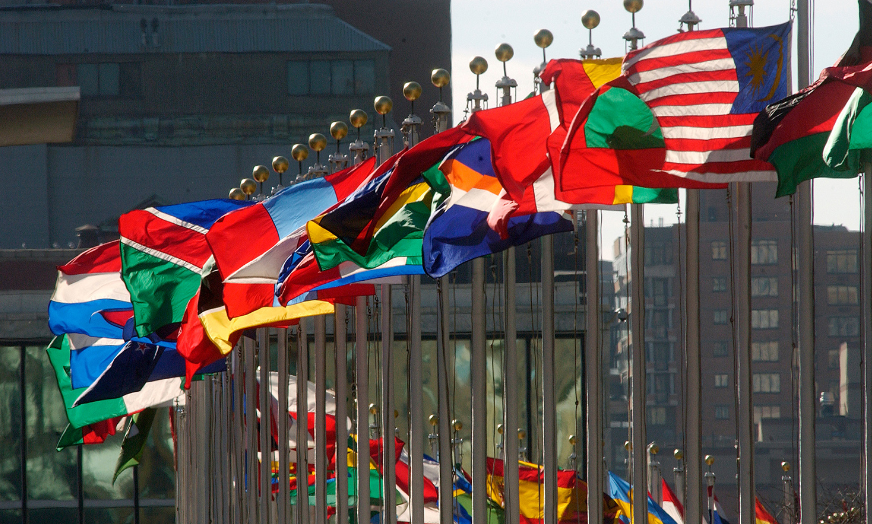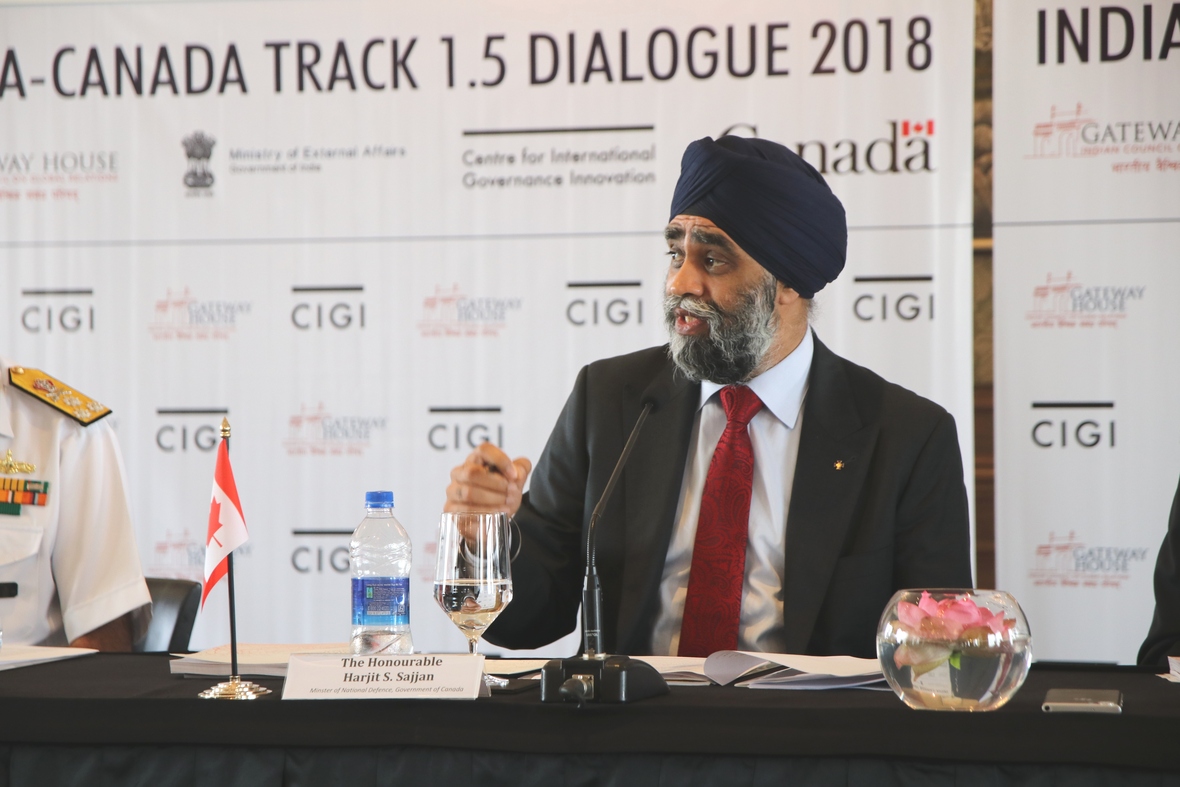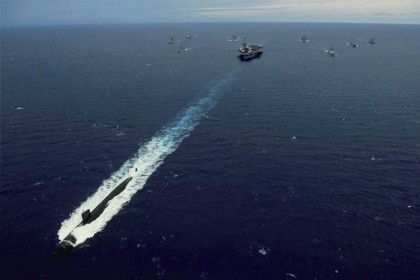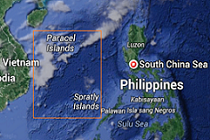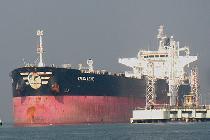A future for the rules-based order
The international rules-based order is being looked at critically by several countries, especially in the developing world. Many view it as embedding an entrenched bias in favour of the West, which wrote the rules, and with no room to accommodate the innovative ideas of emerging economies. Of late, these developing countries are increasingly the catalysts for change.

